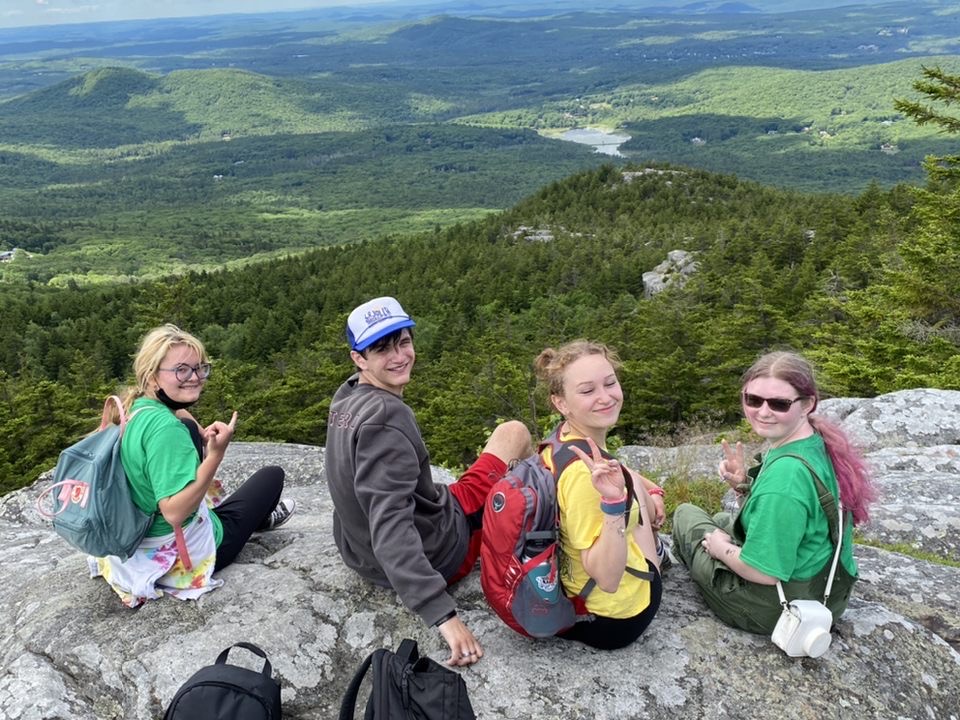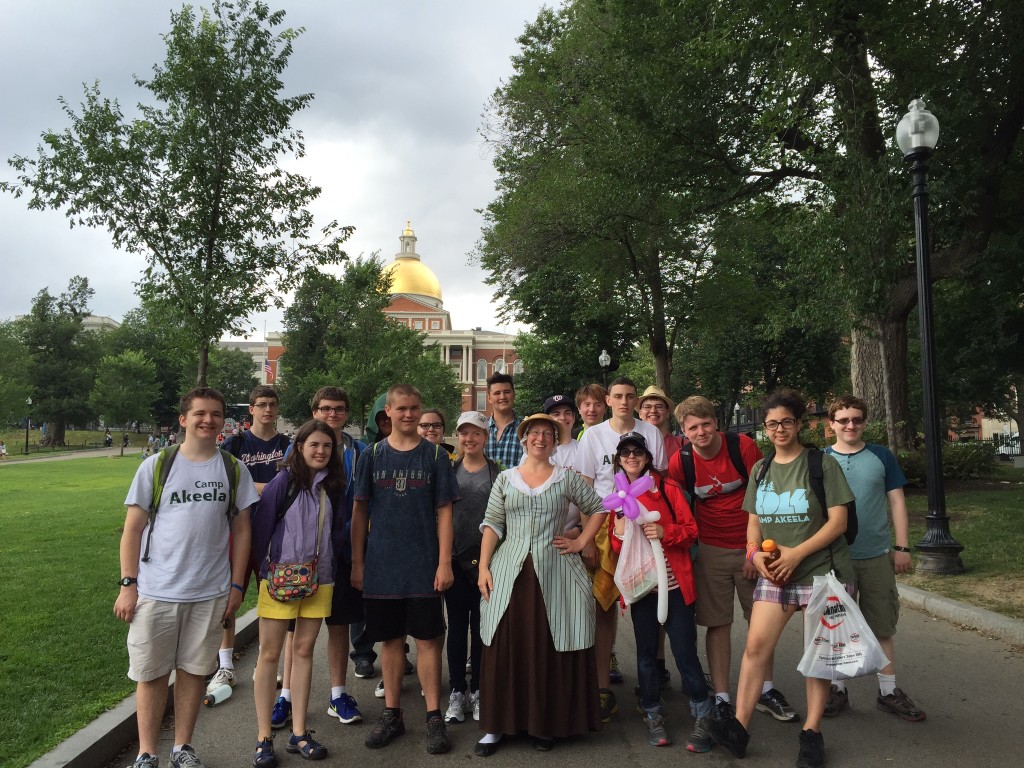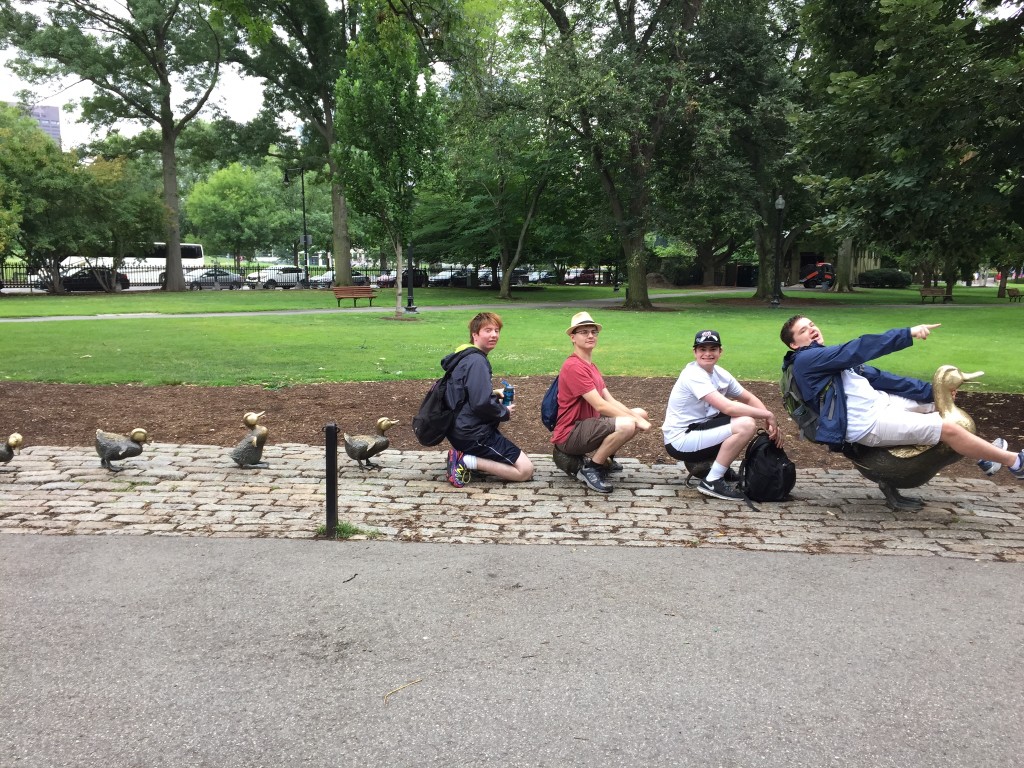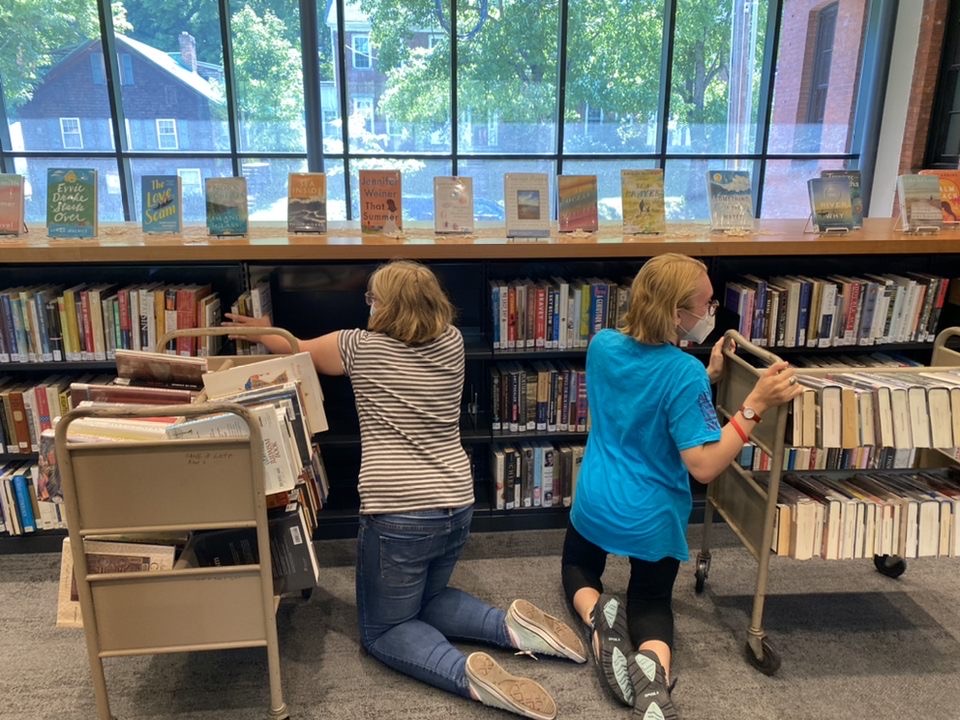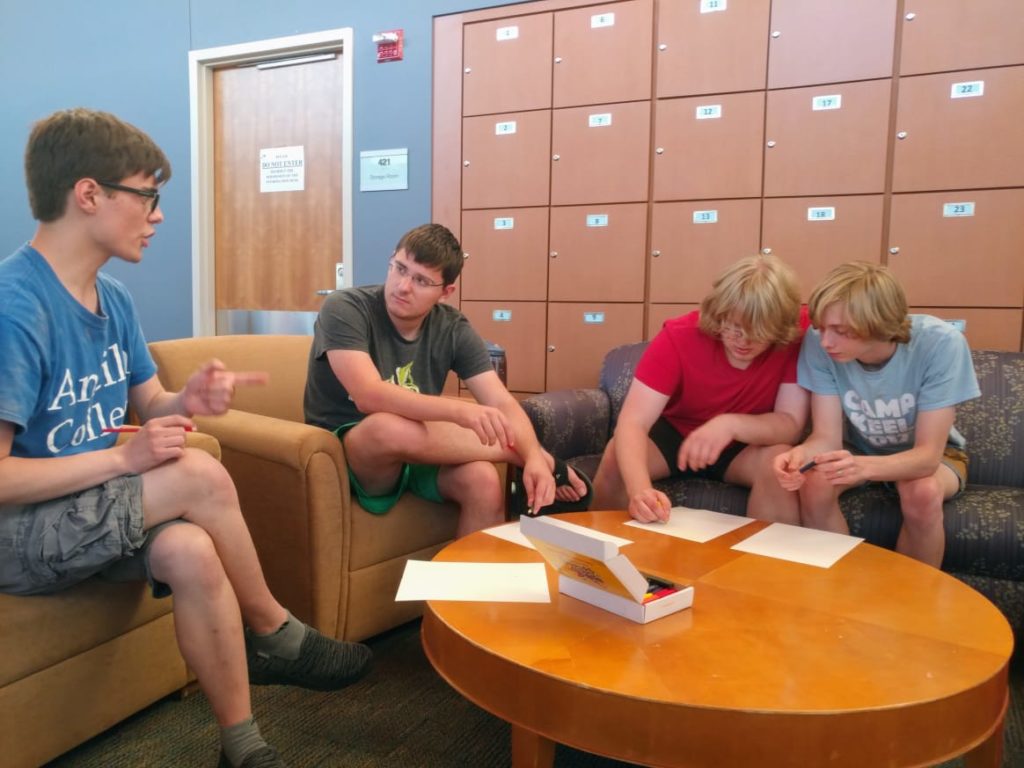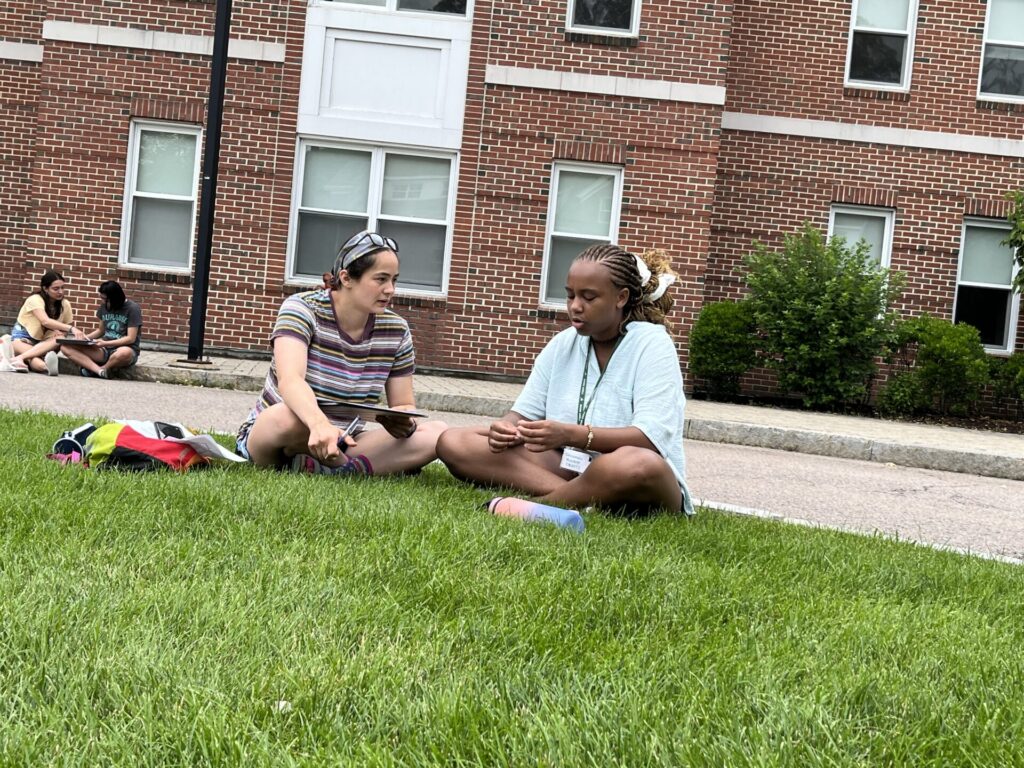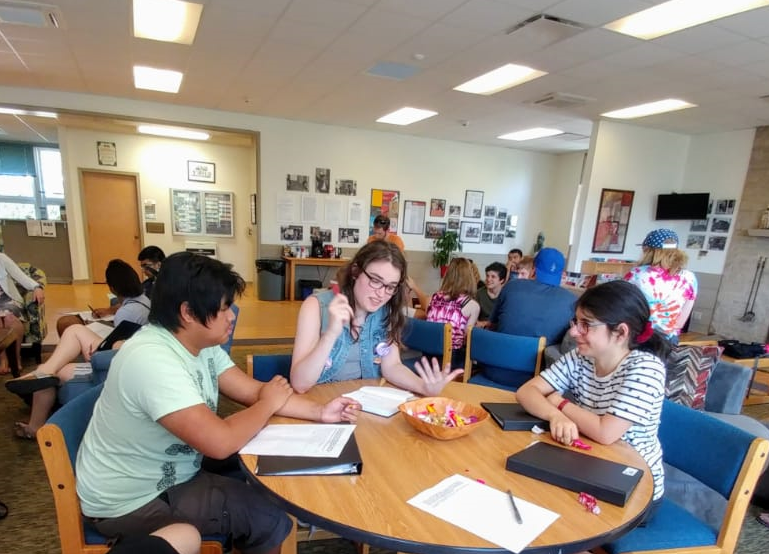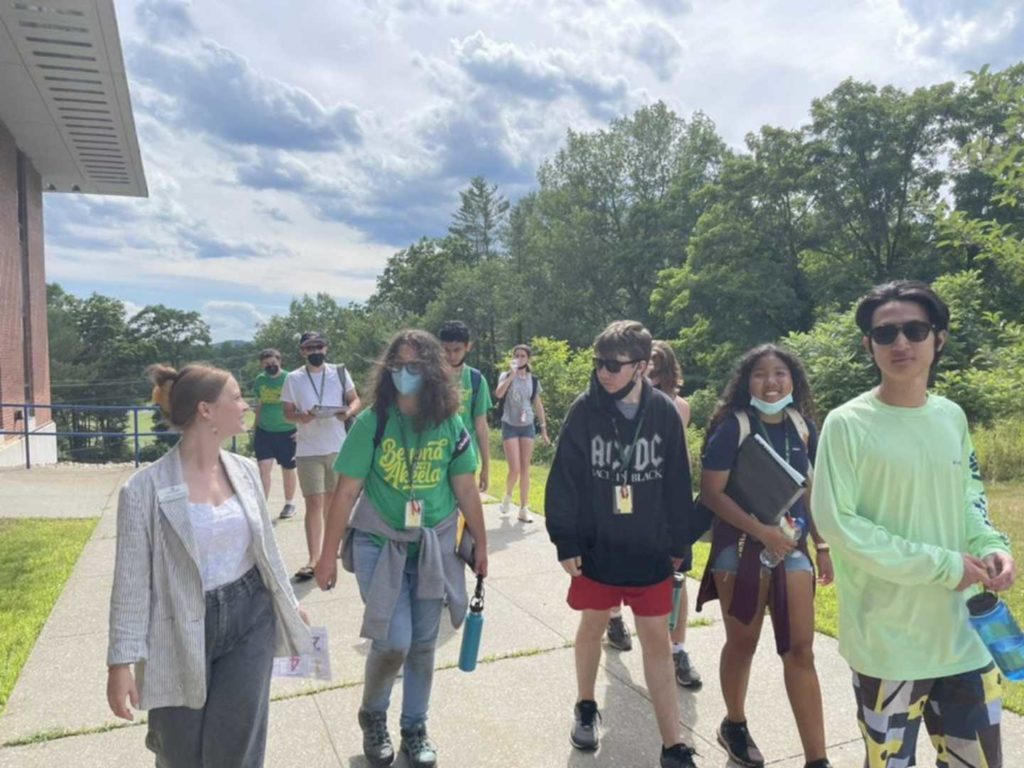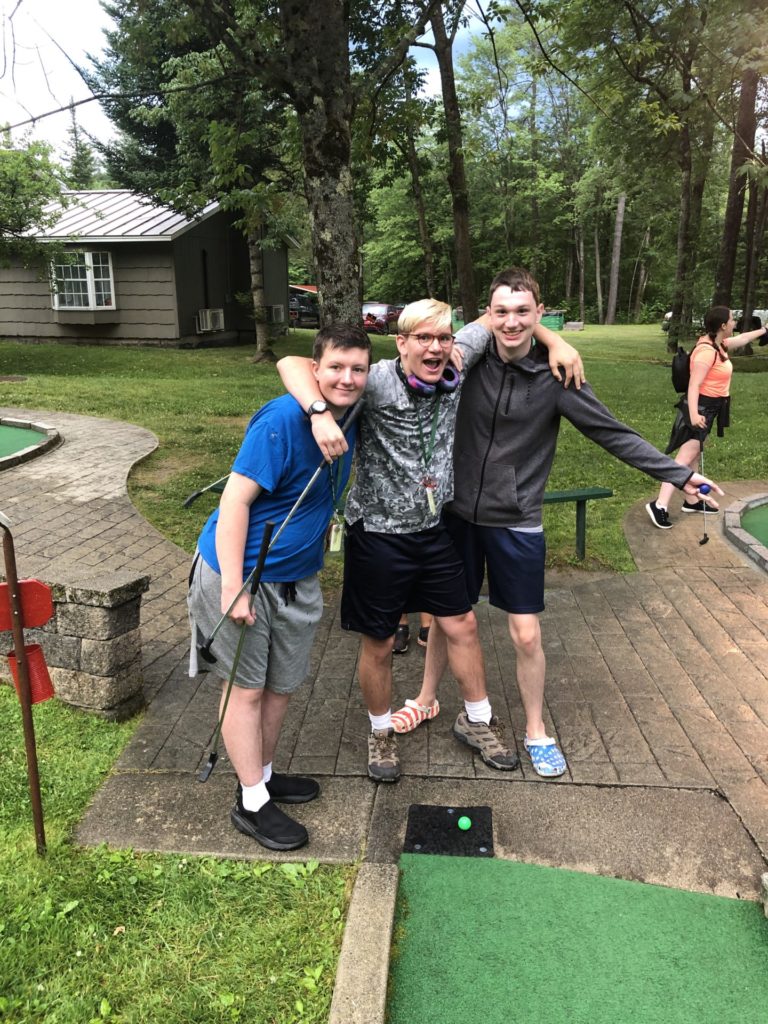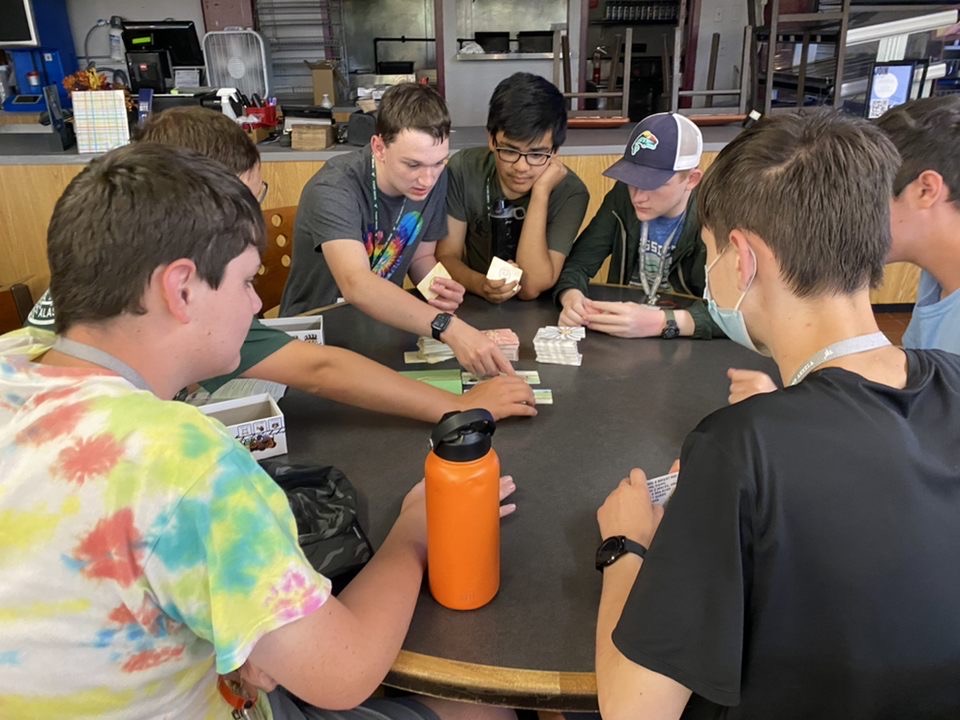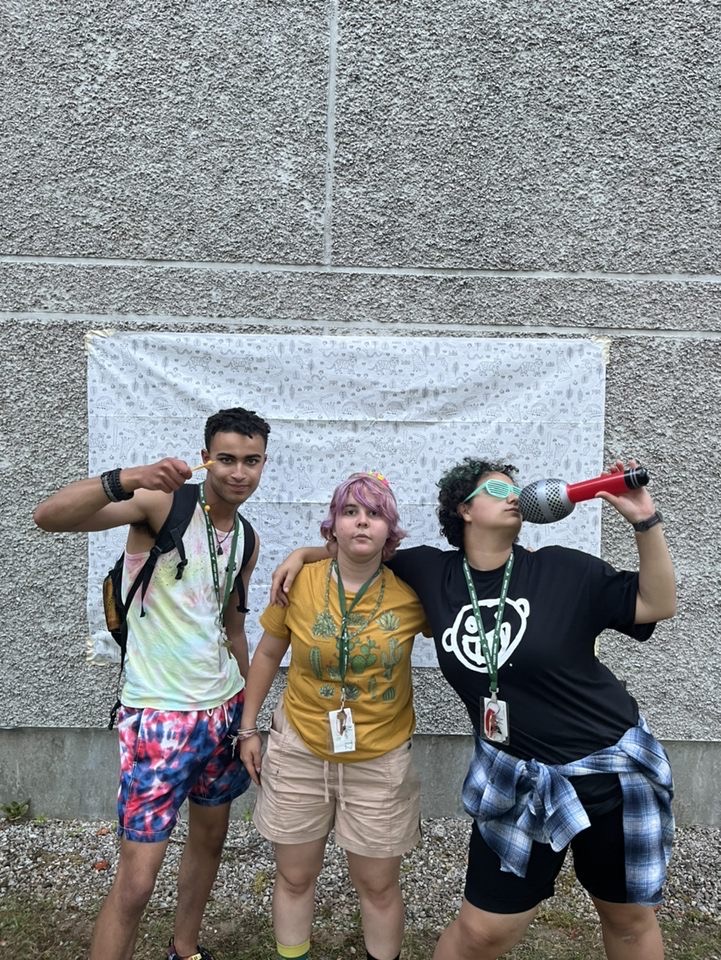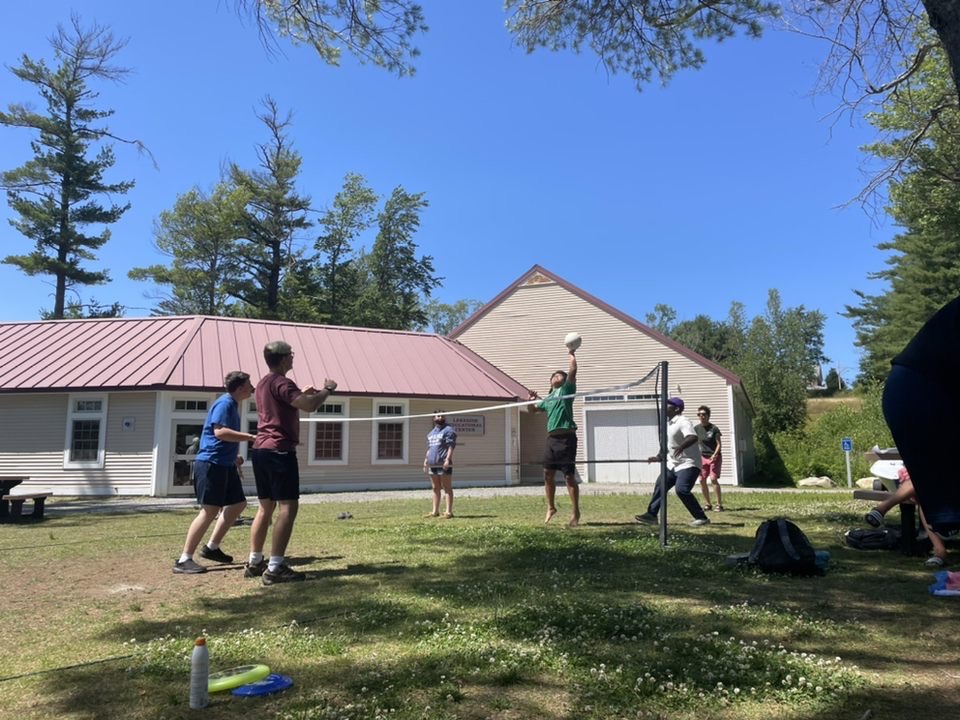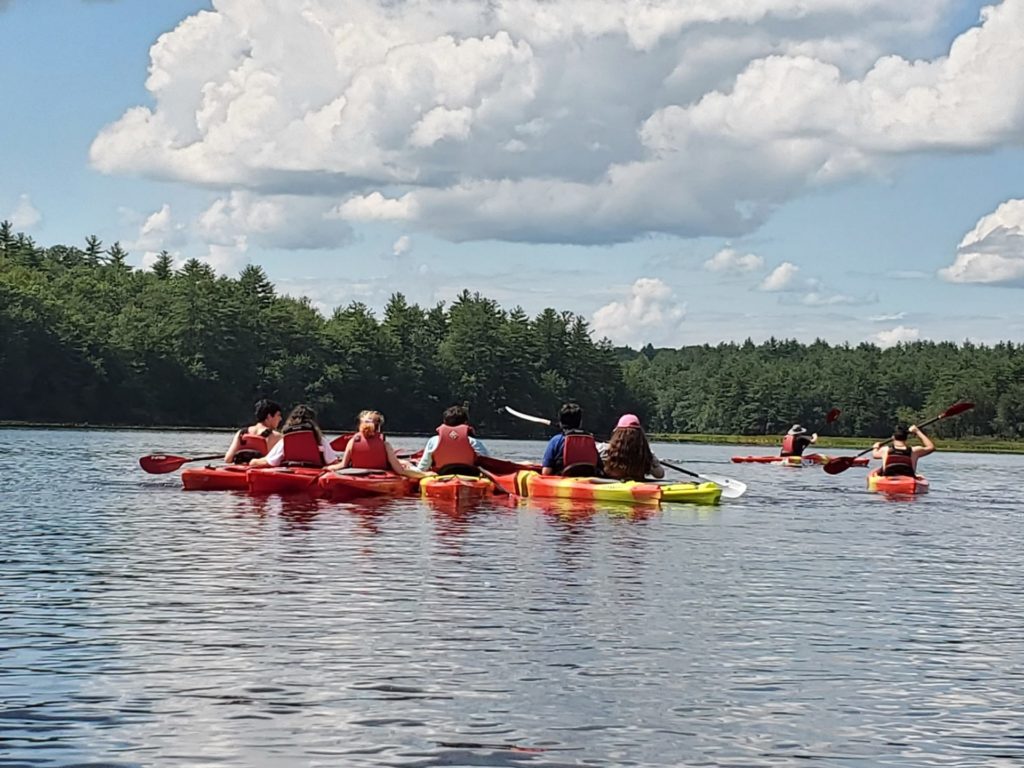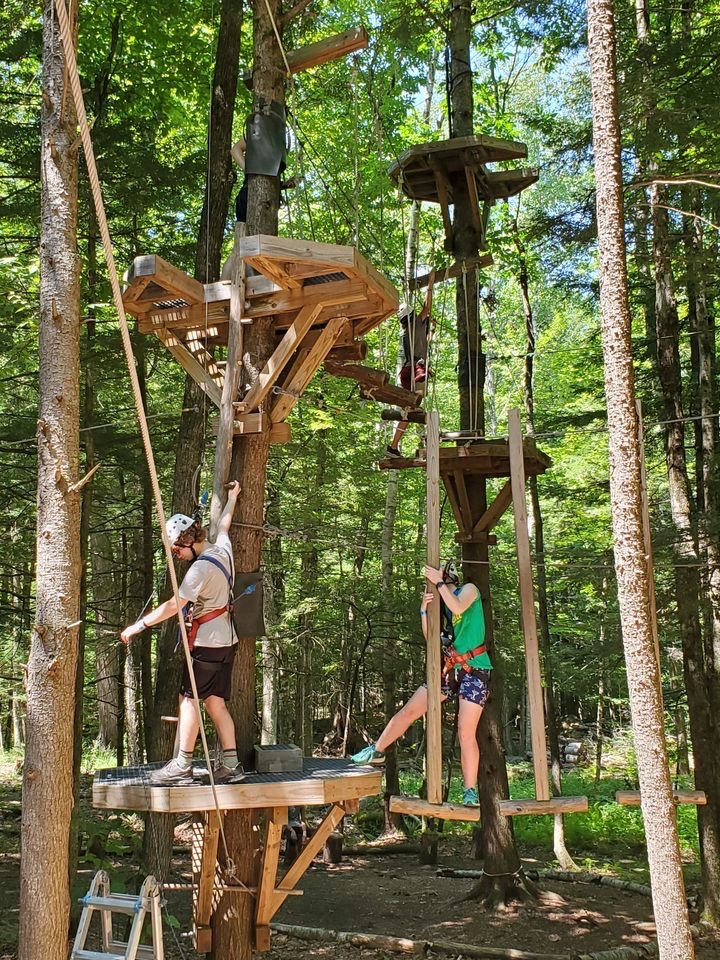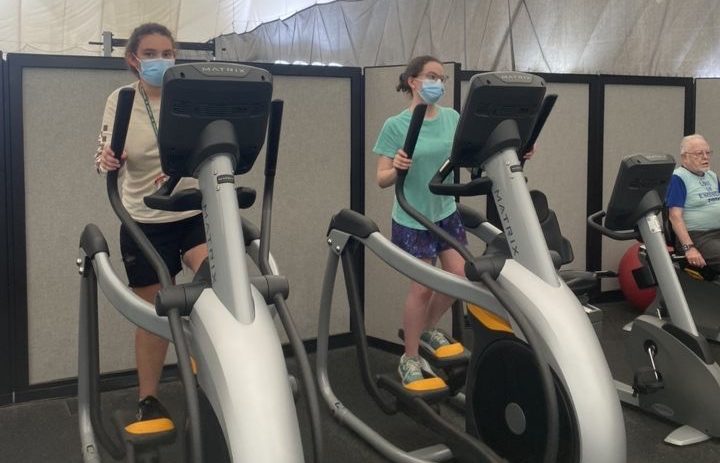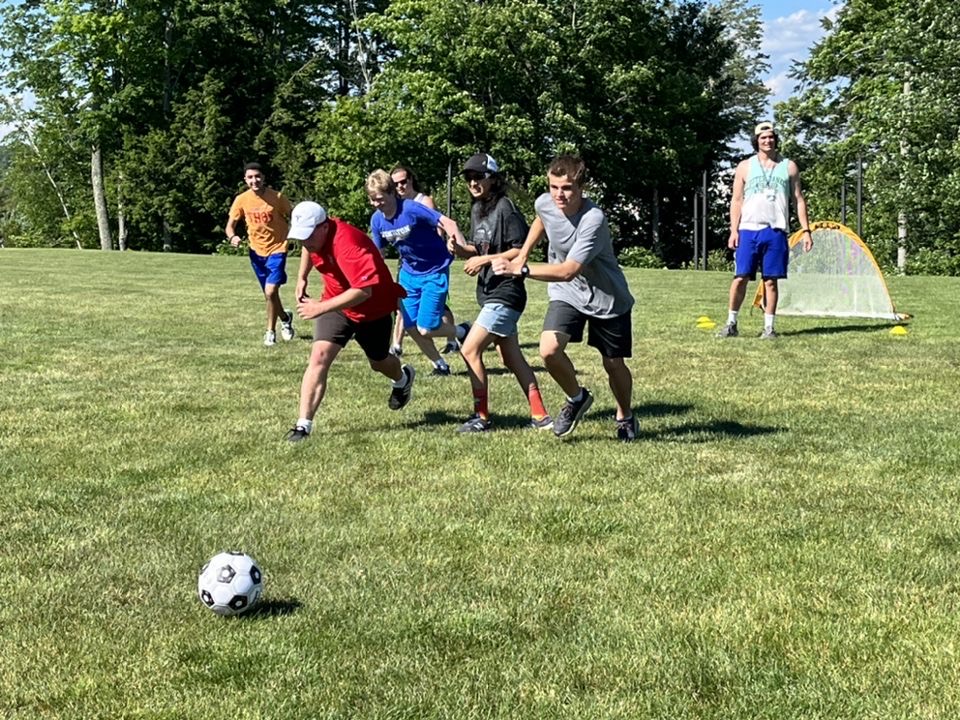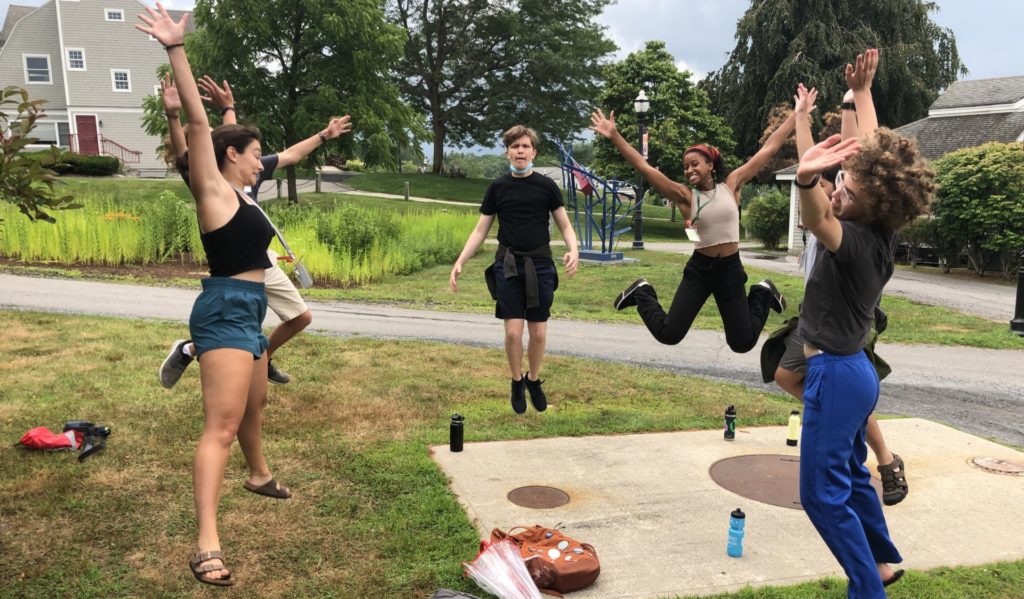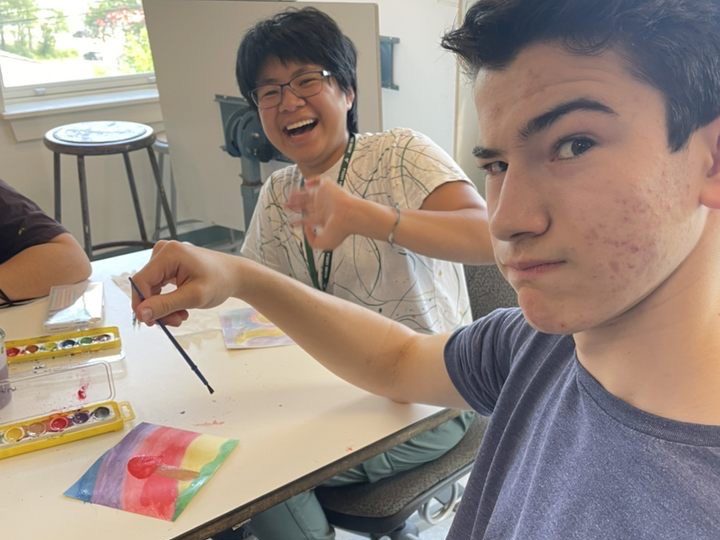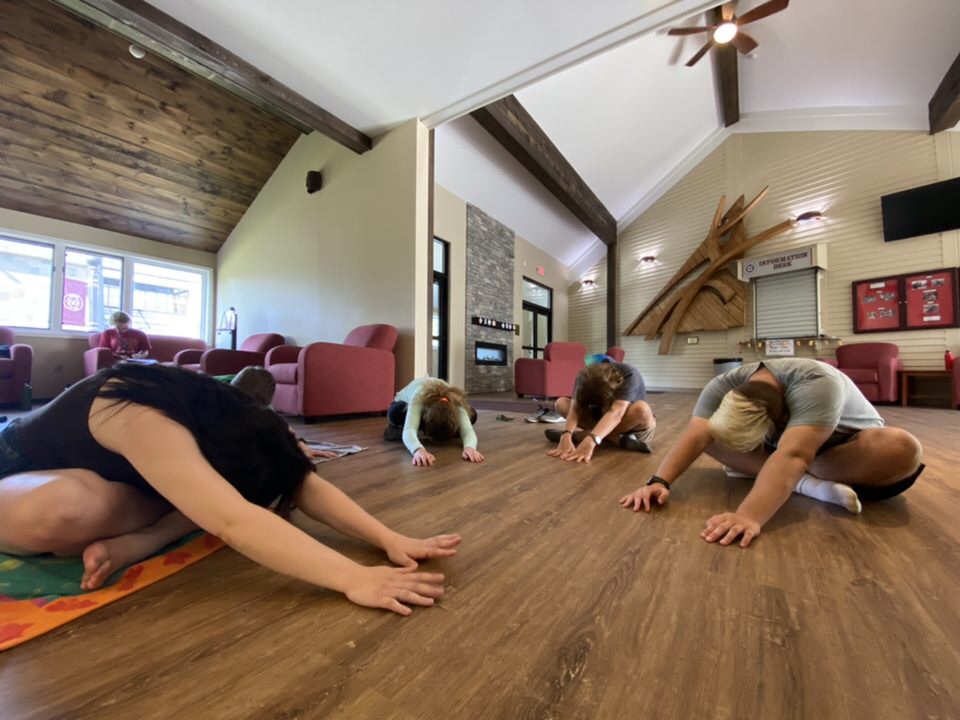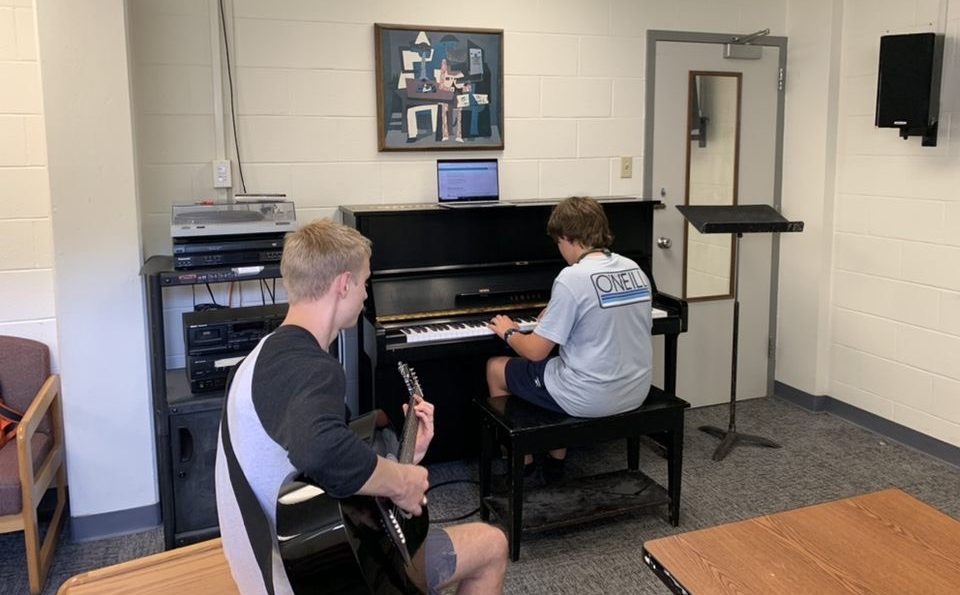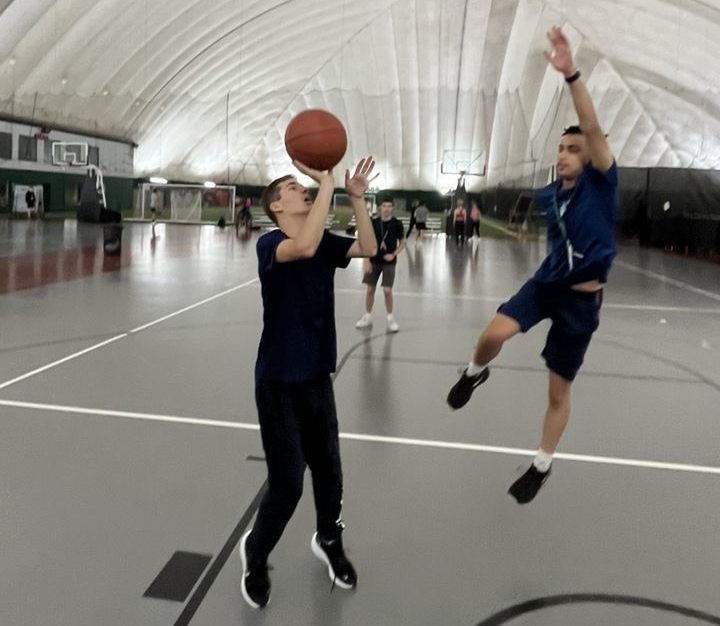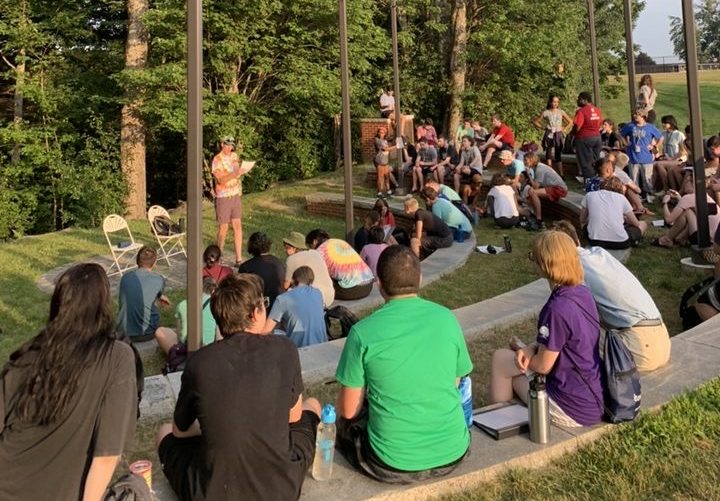We recently read this article with the intention of reflecting on our parenting style with our toddlers. (We have a lot to learn!). As many neurodiverse teens struggle with managing screen time, we wanted to share it with our community. The article focuses on the importance of developing “indistractable” teens, a critical 21st Century skill. While I’m not sure I agree with the choice of the term “indistractable,” some of the techniques and concepts the author explains resonate with how we like to do things at camp. We hope you find the article helpful in managing screen time for your family at home!
Stanford psychology expert: This is the No. 1 skill parents need to teach their kids—but most don’t
*Please forgive the clickbait-y title of the article!
Independent decision making
Independent decision making is a crucial life skill which applies to many facets of adulthood. Managing time, cooking meals, making and executing plans, for example, are all ways we implement independent decision making skills. This skill is developed over time and through practice. Allowing teens to be part of the decision making process for their screen time is a great way to practice this skill! Further, it is important to help them utilize systems and strategies to self-monitor their use. The author mentions the use of smart home technology, and there are other great timer tools to empower them with the responsibility of using.
Mistakes make perfect
We’ve all heard the phrase “practice makes perfect.” Practice is great, and we think mistakes that arise from practice are golden opportunities for growth! Once your teen has established a system for monitoring their screen time, let them trial it WITHOUT you. This is hard as a parent (we want our kids to be successful all the time!), but mistakes are an important part of the learning process. These lessons are better learned when teens create rules for themselves and take responsibility for them. This is a great way to let them learn from “natural consequences.” Natural consequences are directly related to an action taken by someone, as opposed to an arbitrary consequence that is unrelated to an action.
Self-determination
An underlying skill this article does not mention, but I believe is crucial to the author’s point, is self-determination. For teens to self-monitor their screen time, they must have some level of self-determination to do so. They must see the value in managing their screen time and be motivated to do so. Pending the age of your teen, we feel framing conversations around future goals is usually helpful in developing this self-determination. For college bound neurodiverse teens, this is a great opportunity to discuss how this practice translates to independently managing time in college. The conversations about self-determination and importance of monitoring screen time should be catered to the individual goals of your teen.
Do you have a neurodiverse teen preparing to transition into a post-secondary program or college? We’d love to chat and see how we can help!



